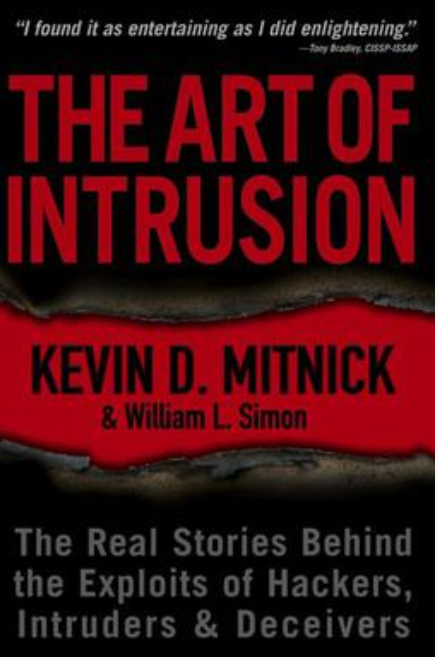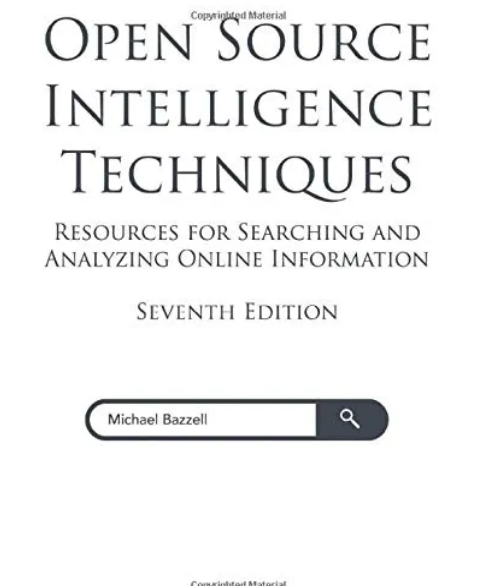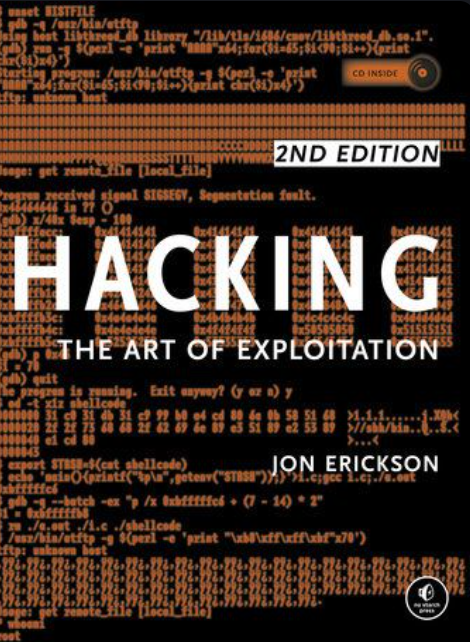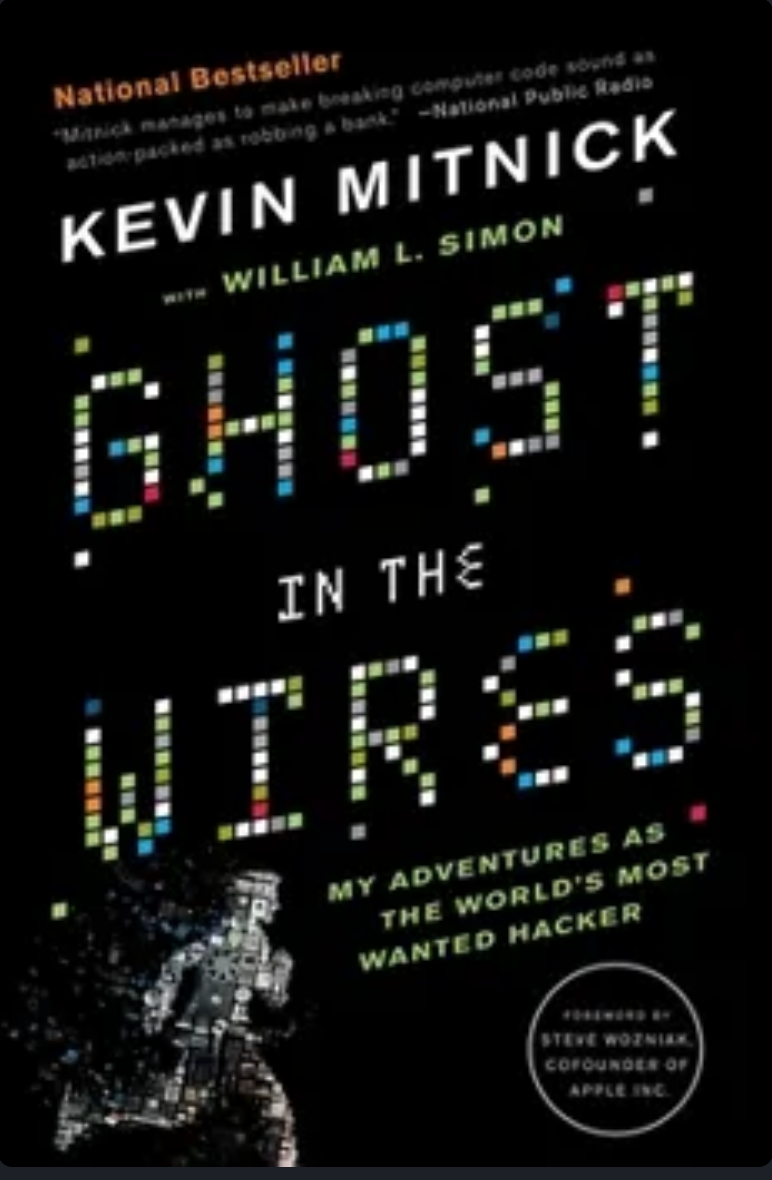The Security Mindset: Read To Learn
You’re either born with it or you learn it, but you’ll need it to succeed.
Hacking and Social Engineering are in fact, cut from slices of the same cake. While being different skills there is a distinct overlap and it’s no lie to say that good Hackers can do a great deal with proper social engineering skills.
However, a lot of this is often instinct. So when we are looking to teach this or pass that instinct on to others, how exactly do we qualify this correctly given we have little in the way of a benchmark standard? And more importantly, if you need to learn said instincts, then how do we do so effectively without losing patience and motivation?
It’s true to say that while most Investigators can get away with not having hacking skills the same can’t be said for social engineering. So you’ll find investigators the world over carrying out pretext approaches and using social engineering to discreetly obtain information, conduct surveillance or even serve court documents without tipping off a target.
While a hacker is perfectly able to gain remote access, sometimes access is both needed or desired for a particular job or exploit, meaning that occasionally, you have to step out from behind your computer and apply these skills in the real world.
While we won’t be trying to impart the Investigator mindset on you in this article today, one thing we will be doing is looking at some reading resources that can assist you in learning how to apply this to your learning or work. Bring your own curiosity!
- The Art of Intrusion: Kevin Mitnick
Teaching patience and the importance of being bold, this book is a compelling exploration of the world of hacking and social engineering. Mitnick, a former notorious hacker turned security consultant, presents a series of gripping real-life stories that delve into the human side of security breaches. Through detailed narratives, readers are taken behind the scenes of high-stakes hacking incidents, revealing the clever and often unsuspecting methods employed by hackers to exploit vulnerabilities. Mitnick emphasizes the importance of understanding human psychology in cybersecurity, showcasing the intricate dance between attackers and defenders in the evolving landscape of digital security. The book serves as both an eye-opening account of actual cyber exploits and a valuable resource for individuals seeking to fortify their understanding of cybersecurity strategies and countermeasures.
2. The Cuckoo’s Egg: Cliff Stoll
A great example that shows how the best cybersecurity professionals have dedication, an eye for detail and are driven to find answers to their questions. “The Cuckoo’s Egg” by Cliff Stoll is a captivating autobiographical account that chronicles Stoll’s real-life experiences as a system administrator at Lawrence Berkeley National Laboratory in the 1980s. The narrative unfolds as Stoll accidentally stumbles upon a 75-cent accounting error, setting off a chain of events that leads him to uncover a sophisticated hacking operation with potential espionage ties. Stoll takes readers on a thrilling journey as he tirelessly tracks down the elusive hacker, skillfully navigating the emerging world of computer networks and international intrigue. The book provides a unique blend of suspense, technical details, and the human side of cybersecurity, offering readers a firsthand look at the challenges and triumphs of a pursuit that eventually leads to the apprehension of the cybercriminal. Stoll’s engaging storytelling and his ability to convey the intricacies of cybersecurity make “The Cuckoo’s Egg” an enduring and influential work in the realm of cyber literature.
3. Open Source Intelligence Techniques: Michael Bazell
This book is an authoritative guide that unveils the world of open-source intelligence (OSINT) for both beginners and seasoned professionals. Bazzell, a renowned expert in the field, meticulously outlines a comprehensive range of OSINT methodologies, tools, and techniques. The book is a practical resource that covers everything from utilizing search engines and social media platforms to accessing public records and analyzing metadata.
Bazzell emphasizes the ethical and responsible use of OSINT, providing valuable insights into protecting personal information while skillfully gathering intelligence. Whether delving into the world of online investigations or honing investigative skills, readers gain a deep understanding of the power and potential risks associated with OSINT.
“Open Source Intelligence Techniques” serves as an indispensable manual, equipping individuals with the knowledge to harness the vast wealth of open-source information available on the internet for various purposes, from cybersecurity to investigative journalism. While it isn’t a hacking book as such, it’s a great look into the mindset you’ll need to succeed as an open-source analyst.
4. Hacking: The Art of Exploitation” by Jon Erickson:
This book is a practical guide that takes a hands-on approach to understanding the hacker mindset. Jon Erickson explores the technical aspects of hacking, covering topics such as programming, network exploitation, and security vulnerabilities.
By providing concrete examples and exercises, the book helps readers grasp the mindset of a hacker and understand the mechanics of various hacking techniques. Everything starts with a solid foundation and this book should help you begin to understand the basics. Ghost in The Wires is a follow-on to The Art Of Deception. Source: Google.
Ghost in The Wires is a follow-on to The Art Of Deception. Source: Google.
5. Ghost in The Wires: Kevin Mitnick
If you’re wondering why Kevin made our book list twice, it’s because we believe he's a great example of how the hacker mindset evolves to make the most of social engineering. In this follow-up publication to The Art Of Deception, Kevin talks about how important social engineering was, as well as about his time on the run and how he managed to stay one step ahead of the law. Turning the hunter into the hunted, this book is another captivating read that displays ingenuity and creativity.
In Closing:
While a single book will struggle to impart a mindset, what it can do is provide a foundation for learning, as well as exposure to someone else's way of thinking and thought patterns. In doing so though, don’t forget to enable your own creativity, play to your own strength and develop your own skills among it all. These foundational skills will help you establish and build your career.
Please note that this article may contain affiliate links that may earn a small commission should you decide to purchase.
Medium has recently made some algorithm changes to improve the discoverability of articles like this one. These changes are designed to ensure that high-quality content reaches a wider audience, and your engagement plays a crucial role in making that happen.
If you found this article insightful, informative, or entertaining, we kindly encourage you to show your support. Clapping for this article not only lets the author know that their work is appreciated but also helps boost its visibility to others who might benefit from it.
🌟 Enjoyed this article? Support our work and join the community! 🌟
💙 Support me on Ko-fi: Investigator515
📢 Join our OSINT Telegram channel for exclusive updates or
📢 Follow our crypto Telegram for the latest giveaways
🐦 Follow us on Twitter and
🟦 We’re now on Bluesky!
🔗 Articles we think you’ll like:
- Signals From Space: The International Space Station
- Ukraine OSINT: Strava Strikes Again
✉️ Want more content like this? Sign up for email updates






























